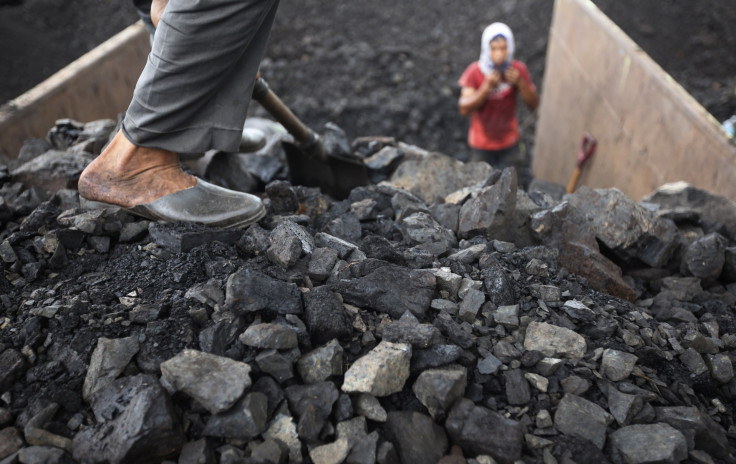China's Demand For Goods And Commodities From Emerging Countries Steady, Despite Slowing Economy

China’s economy may be at its slowest in decades, but that doesn't mean the country’s 1.3 billion people can't keep plenty of producers, from Africa to Asia, afloat with all the goods Chinese consumers demand.
Last year, one-third of Zimbabwe’s tobacco crop was auctioned off to its biggest customer, China, bringing in about $700 million to the struggling African economy. This year, the government is expecting an even bigger crop, one that will bring in about $1 billion from Chinese buyers, Zimbabwe’s Tobacco Industry & Marketing Board said.
"When times are great people smoke more. When times are difficult people smoke more," Adam Molai, executive chairman of Savanna Tobacco, a Zimbabwean cigarette maker, said in a Wall Street Journal article published on Monday. "There are a lot of people in China to smoke more."
Zimbabwe isn’t the only nation to rely on China’s voracious and still-growing purchasing power, despite the slowdown of the world’s second-largest economy. It would seem investors have soured on many commodity-rich emerging markets for a reason, and a slowing Chinese economy has thus far not hurt its suppliers much.
That’s because people are worried about the wrong thing, according to Charles Robertson, chief economist for investment bank Renaissance Capital. Chinese demand hasn't significantly weakened because the global market jitters reflect less an actual falloff in China’s appetite and more a bet that China’s growth will continue to taper off.
“People are mistaking slowing headline growth with the real impact of GDP,” Robertson said in the Wall Street Journal. “It’s not game over. The Chinese growth story is still decent even if the percentage number is slower.”
Nonetheless, investors have been fleeing emerging markets around the world, spurred on by the feared slowdown of Chinese demand and the U.S. Federal Reserve’s diminished bond-buying program, which is strengthening the U.S. dollar at the expense of emerging market currencies. Indonesia’s coal, nickel and rubber, as well as South Africa’s chromium, manganese and platinum, are among those industries that have caused concern.
Despite slowing growth, Chinese demand for metals and minerals has held up in general. Africa’s trade with China rose to $210 billion last year, a 6 percent increase from 2012, according to South Africa’s Standard Bank.
"The narrative that suggests a slowing China completely erodes its ties with Africa is flawed," Simon Freemantle, a Standard Bank economist, told the Wall Street Journal. "China's appetite for African commodities is robust."
And that appetite isn't likely to wane for years to come, according to Nev Power, chief executive of Fortescue Metals Group Ltd., an Australian iron-ore miner.
"There is never any shortage of bears on China, but you can only look at what has actually happened to date," Power said.
© Copyright IBTimes 2024. All rights reserved.




















